Mercedes-Benz GLC Plug-in Fuel-Cell Vehicle On Tap For 2017
Mercedes-Benz is previewing a plug-in hybrid hydrogen fuel-cell GLC that they plan to release in 2017.
The merging of a li-ion battery with about 30 miles range plus a 300-mile-range fuel cell stack as the main power mirrors, in concept, the Audi A7 H-tron, which relied on an 8.8-kWh battery.
No gas engine is involved, and one reason for the battery power is that Mercedes observes there aren’t enough hydrogen refilling stations. With the GLC, drivers will be able to recharge at public charging stations if a hydrogen refilling station isn’t located close by.
It’s unclear when the GLC-Class-based fuel-cell vehicle will debut, but reports suggest it will be the 2017 Frankfurt Motor Show.
SEE ALSO: Mercedes GLC Plug-in Hybrid Spied Testing
Mercedes-Benz has previously produced a B-Class F-Cell in 2009, but the company only leased it to fleets and a select few customers while not offering it for sale to the general public.
As for the new GLC, its battery is at the rear, while the fuel-cell stack – developed with Ford in a joint venture –is under the hood. There are two tanks for the storage of 8.8 pounds of hydrogen. One will run down the center of the vehicle,while another will be placed below the rear seats.
In order to make the fuel-cell stack fit, it is being shrunk by about 30 percent while using 90-percent less platinum, says the automaker.
No price has been announced at this time. Mercedes-Benz has suggested that despite the present infrastructure dilemma, costs will come down, fuel will grow greener with development, and FCVs already have longer range and faster refueling than battery electric vehicles.
This article originally appeared on HybridCars.com
More by Tim Healey



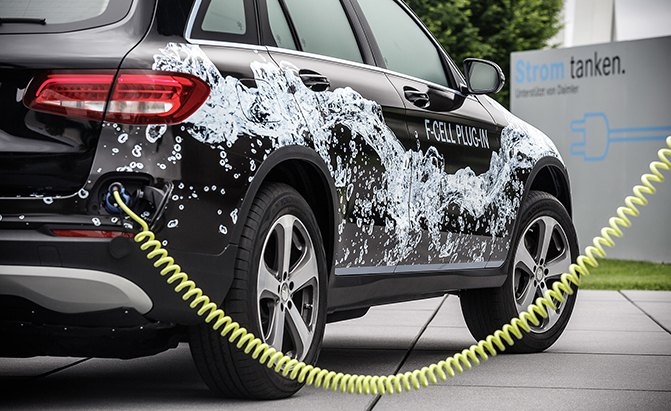




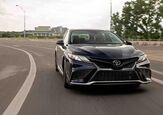








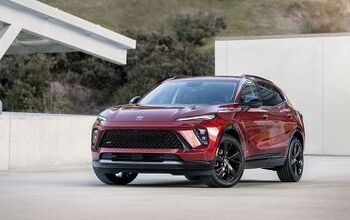



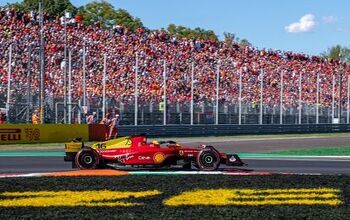
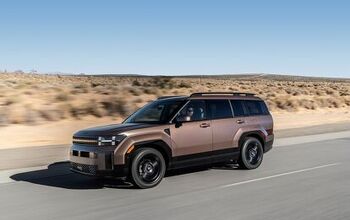
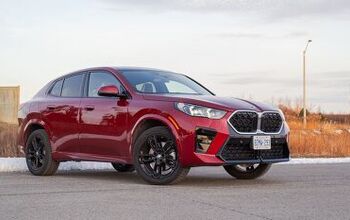




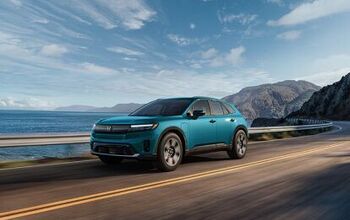


Comments
Join the conversation
It would also have the additional benefit of running on much cheaper electricity, about 1/6th the cost per mile compared to hydrogen. Plus the benefit of being able to recharge every night at home, making trips to the hydrogen station a rare event. That's not good news for those trying to sell that profitable new hydrogen fuel.
I currently make approximately 6.000-8.000 bucks /month online. Anyone looking to do easy computer-based jobs for few hours /a day from your living room and get valuable profit in the same time... This is a work for you... SELF40.COM